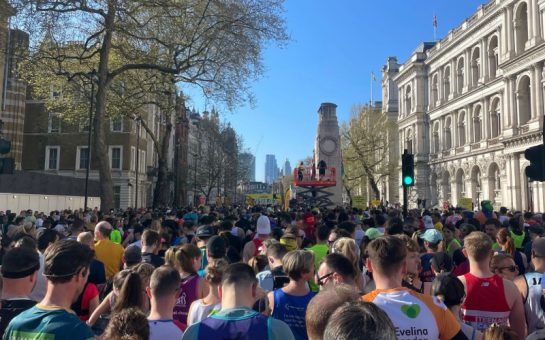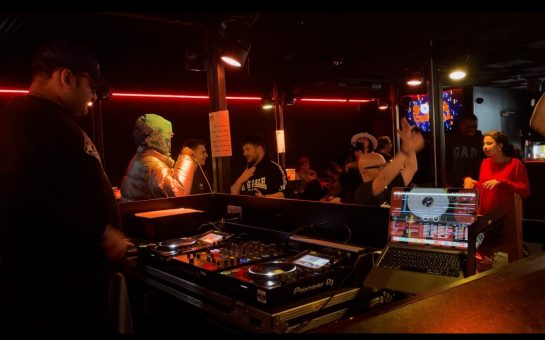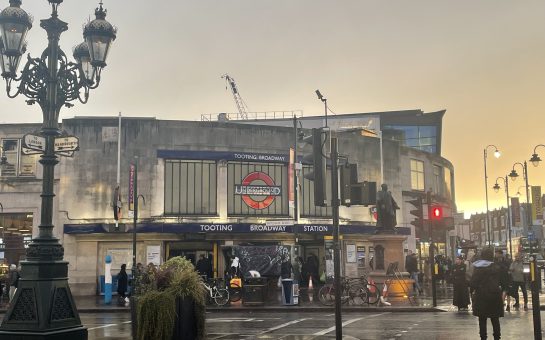By Mimi Swaby
March 4 2020, 12.40
Follow@SW_Londoner
Knife crime prevention’s unsung heroes are also its forgotten victims. The traumatic effects of police witnessing violent crimes stay with them.
Accident manager inspector Mark O’Dell, 48, has served in the Metropolitan Police force for 27 years. He has served in the riot police, been a Sergeant at Lewisham, and has spent the last 12 years as an inspector in Croydon.
During this time, he has investigated more than 20 murders, the majority knife related. But each crime doesn’t lessen the trauma. The first incident he witnessed has made a lasting impact.
In December 2003 in Deptford, Inspector O’Dell was first to the scene of a knife attack. Helicopter emergency medical services (HEMS) doctors arrived soon after. They performed open heart surgery on the young victim, but were unable to save him.
“HEMS cut through his ribs and opened him up so casually, you could see everything,” he said.
“I wasn’t prepared for that. I stood back in shock. It was a cold night and steam was coming out of his body. It was so eerie. They massaged his heart in a last attempt. I will never forget that.
“I can’t unsee it. It has stuck with me, it isn’t normal to see that level of violence. But now, I am more prepared.”
Since then, Inspector O’Dell has witnessed open heart surgery six times in Croydon on call. He said it never gets easier.
He raised concerns that with their regularity, knife crime in the community is being normalised, much like the police’s exposure to it.
He commented that the public see a uniform and forget the people behind it: “These issues affect us too. We are not superhumans. The public forget that, they view us like robots.”
Cases involving children are particularly difficult. He said: “Kids always stick in your mind. I have seen the horrific effects murders have on families. It is horrendous. I can tell you all the details of traumatic cases, down to the names, you just don’t forget them. It gives you a reality check and puts things in perspective”.
For police, recognising signs of trauma is crucial. “It’s normal to not feel normal. But when it carries on, that’s when it turns into a problem. You need closure to close that chapter,” Inspector O’Dell explained.
He is now a Trauma Risk Management (TRiM) practitioner to help colleagues cope with horrific incidents and open up conversation on a personal level.
“I have become a figure for younger officers to off-load to. I feel like a dad to many of them, and have a duty to protect them,” he said.
“I know that empty feeling. I know what they are going through. I’ve been there.”
Many officers’ trauma from witnessing graphic events surfaces long after. Inspector O’Dell said police know that experiencing such events is in the job description but it does not make them immune to their effects.
“We are not supermen. But it’s our job,” he said.
Inspector O’Dell copes by reflecting quietly and confiding in his colleagues. Last year was particularly difficult, after witnessing an incident that left the victim’s body in pieces.
He said: “It wasn’t normal what I saw, but I feel alright. Is that normal? Is there something wrong with me? I am still internally battling with that.”
Despite these daily experiences, Inspector O’Dell is still determined to serve.
He said: “I want to help the people of London. That’s why we all joined.”
The Metropolitan Police’s Commissioner, Cressida Dick, has increased the focus on mental health and reducing the aftermath of witnessing trauma, including a 24 hour support hotline for Metropolitan personnel.




